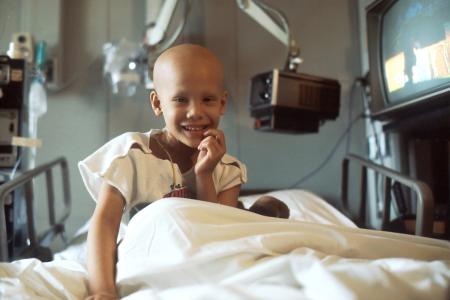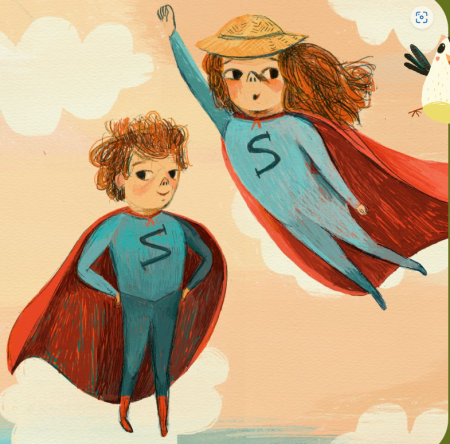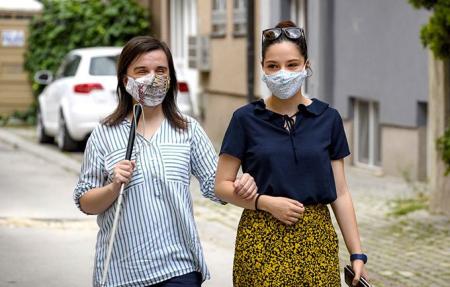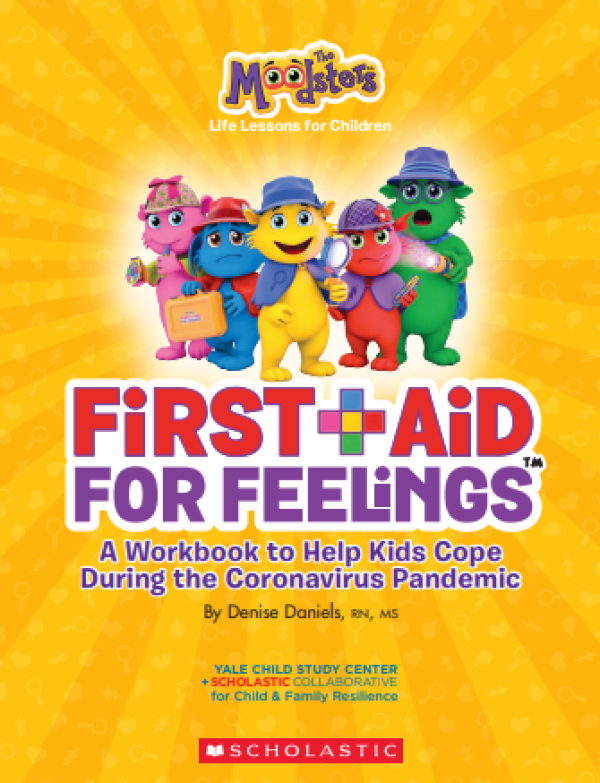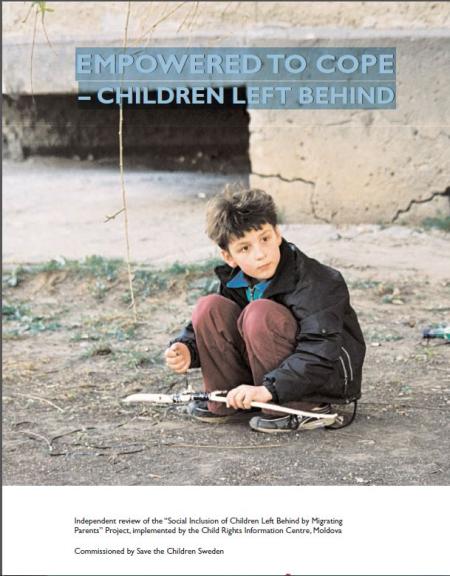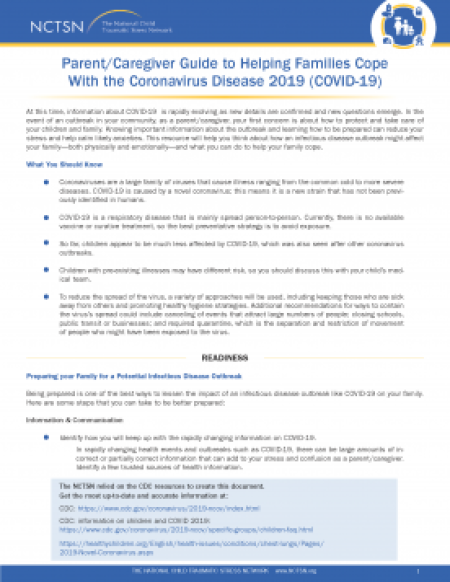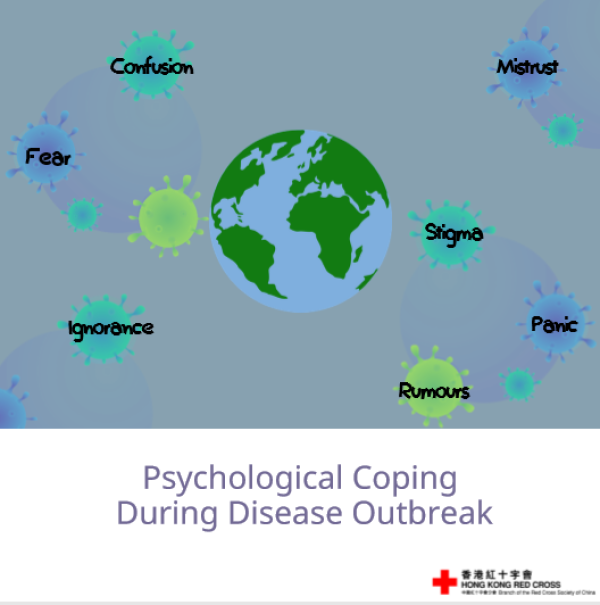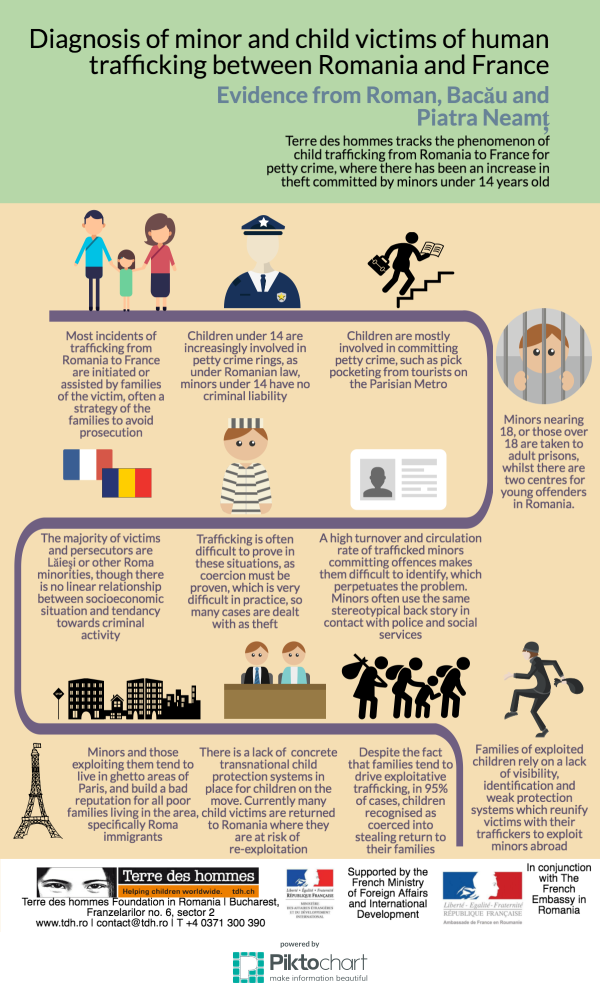
When you, a family member, or a loved one receives a cancer diagnosis, it can be a scary and intimidating time. This is especially true when there are questions, unknowns, and assumptions about the disease, as this can further exacerbate the fear and other negative emotions. Children may have an especially difficult time coping if their parents or other family members are diagnosed with cancer. Since they’re still developing, children are more affected by traumatic events than most adults. Sharing information about cancer with a child is a situation that medical professionals, parents, family members, and friends must handle carefully.
Talking About Illness with a Child
Sometimes family members may think they’re protecting a child by withholding a cancer diagnosis from them. While the process isn’t easy, it’s vital. We should try not to pretend that everything is fine, as children are very observant and will notice that things are different. They can sense things like adults; even an 18-month-old toddler can pick up on changes.
Children will notice their parent going to the doctor more often, and eventually, notice changes in their body and temperament from the illness and subsequent treatments. Some families say breaking the news to their child works better when they hear it together from a medical professional.
There are resources and community options for cancer patients, their children, and other family members adjusting to life after a cancer diagnosis. Seeking help from therapists, psychiatrists or support groups can also provide family members with helpful techniques to tell their children and family members about their diagnosis, and may also provide some coping skills.
Important Things to Say
Tell a child the complete truth about the cancer diagnosis. Also, make sure to allow them some time to ask questions and share their concerns, thoughts, or feelings on the matter. Try to emphasize that:
- Nothing they thought, said, or did caused the illness
- They can’t cure you, but they can help you feel more comfortable if they want
- They aren’t the only ones going through this; other kids’ parents get cancer
- Feeling negative emotions like anger, fear, resentment, or stress is normal
- Family members and loved ones may treat them differently because they’re showing concern or empathy
- They won’t be abandoned if you pass away, you’ll make sure they’re taken care of
- School, socializing, and other activities are still important
- They can reach out to adults for help or support if feeling overwhelmed
Coping Techniques for Children Facing a Cancer Diagnosis
For most children and teens, finding out their parent or family member has cancer can cause them to go into crisis mode. Ways that parents with cancer can help children cope with the news include:
- Spending calm and relaxed time together
- Maintaining balance, routines, and limits
- Helping them understand how things might be different
- Being observant and receptive to their concerns and any changes in behavior
- Accepting their child’s reaction (resentment, sadness, anger)
- Not attributing all of the child’s behavior to acting out about cancer
- Gather and maintain a network of support for both of you
- Inform the child’s school so they can understand and address any issues appropriately
After learning of a cancer diagnosis, children will need even more support from their parents, family members, and friends. Understand that it will be difficult for them to accept this information about a cancer diagnosis, prognosis, or related treatments. They may act out, misbehave, demonstrate aggressiveness, or disobedience. This is because, like you, they’re also trying to take it all in and don’t know how to react. Be sensitive to their actions and try to be patient.
Author bio: Jennifer Verta writes content for Mesothelioma Hub to help patients better understand complicated medical information about the illness, causes, and everything else in between. She’s been producing content for a range of clients for over 6 years.
Sources:
American Cancer Society. (2017). Helping Your Child Adjust to a Cancer Diagnosis. Retrieved May 2021 from https://www.cancer.org/treatment/children-and-cancer/when-your-child-has-cancer/after-diagnosis/helping-your-child.html
CancerCare. (2020). Talking to Children When a Loved One Has Cancer. Retrieved May 2021 from https://www.cancercare.org/publications/22-talking_to_children_when_a_loved_one_has_cancer
Dana-Farber Cancer Institute. (2012). Retrieved May 2021 from https://www.dana-farber.org/for-patients-and-families/care-and-treatment/support-services-and-amenities/family-connections/for-the-patient/how-to-help-children-cope/
National Cancer Institute. (2018). Talking to Children About Your Cancer. Retrieved May 2021 from https://www.cancer.gov/about-cancer/coping/adjusting-to-cancer/talk-to-children#:~:text=Try%20to%20get%20them%20to,other%20people%20in%20their%20lives.


